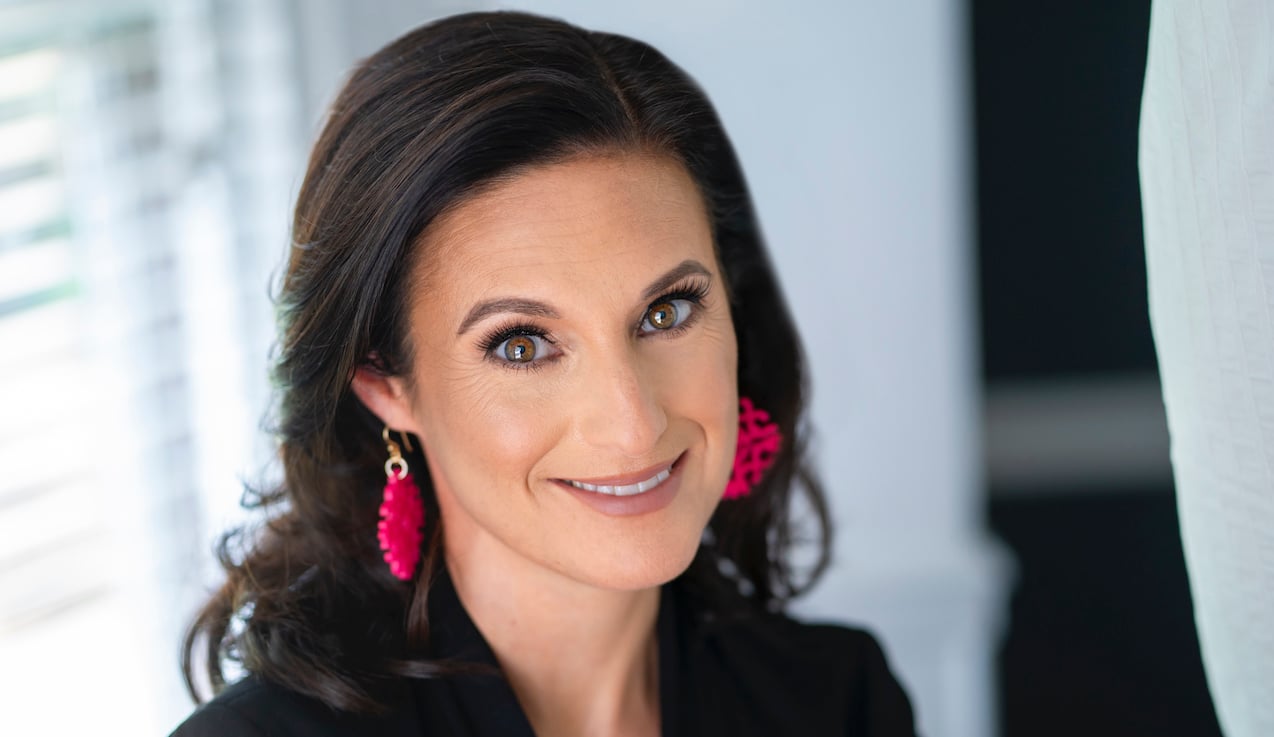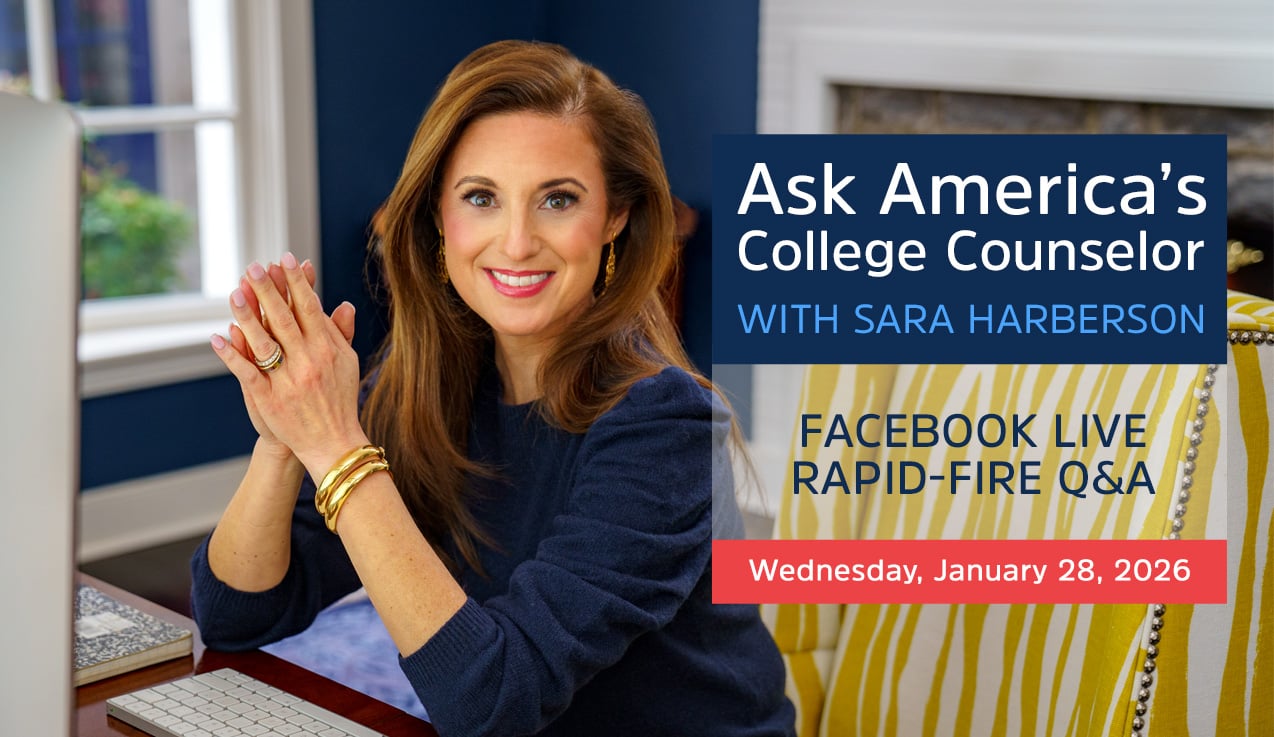I am a big fan of having a back-up plan. For a high school senior, your back-up plan should involve working on Regular Decision applications as you wait to hear back from Early Decision, Early Action, and Rolling Admissions programs. It is so hard to predict decisions these days, and I don't want a student scrambling at the last minute to submit applications by the last deadline if they don't get admitted in the early round.
Here are five reasons every high school senior needs to hear.
1. Most of the popular Early Decision and Early Action programs that students apply to have surprisingly low acceptance rates, even in the early round.
These colleges are often considered "reach" schools for everyone (no matter how high a student's test scores and grades are). Last year, the University of Pennsylvania's Early Decision acceptance rate was 19% and Georgetown's Early Action acceptance rate was 12%. Those are tough odds even for an exceptional student.
2. Colleges with an early round tend to defer a large percentage of its applicant pool to Regular Decision.
In fact, the University of Michigan is known to defer thousands of students from Early Action every year.
READ MORE: How to Follow Up with That College That Deferred You
3. Some Early Action programs do not notify decisions until after most Regular Decision deadlines.
For example, the University of Virginia doesn't release its Early Action results until January. If you don't get admitted to UVA's Early Action program, it will be too late to apply to most Regular Decision programs by that point.
4. Most Early Decision programs notify results by mid-December, which leaves only a few weeks to submit applications before Regular Decision deadlines (just as the holidays kick into high gear).
And no one wants to write college essays over Winter Break!
5. Working on Regular Decision applications now is a good distraction as you wait to hear back from your early choices.
Related Reading: 5 Things to Do Between November 1st and Mid-December
Optimism is a great quality to have, but having a plan B provides students with an alternative if things don't go according to plan in the early round. While most students are initially resistant to working on more applications this time of year, they never regret it—even the ones who get into their early choice. It's an insurance plan for students, and it's worth every effort in the end.











.jpg)
